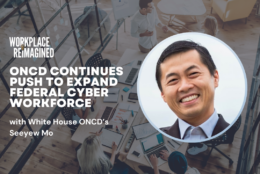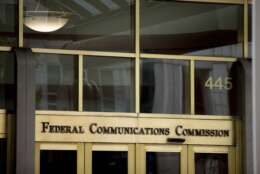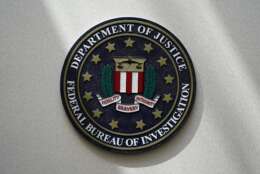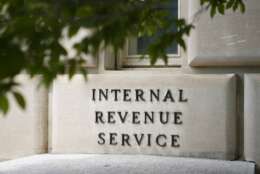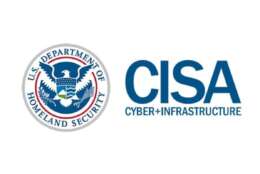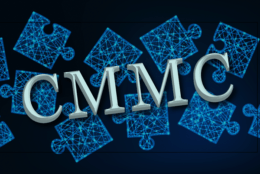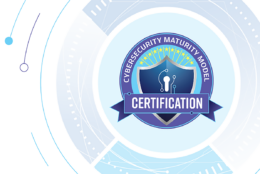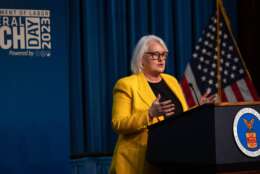Cybersecurity
-
The White House office’s effort to hire employees into the federal 2210 job series — with a focus on skills and not education — makes headway.
August 26, 2024 -
Allen Hill, the CIO of the FCC, said IT modernization, full stack observability, operational efficiency and zero trust drove his focus over the last two years.
August 23, 2024 -
The IG says lackluster practices at an unnamed FBI disposal facility include unsecure spaces coupled with a non-functioning security camera.
August 23, 2024 -
Draft digital identity guidelines add more detail around emerging tech like mobile driver's licenses, but also keeps the door open to in-person verification.
August 21, 2024 -
What does your zero trust journey look like?
August 21, 2024 -
Alexandria Phounsavath, director of DHS S&T’s Data Analytics Technology Center, is exploring new approaches to solving some of the biggest challenges in data.
August 21, 2024 -
The IRS' inspector general says protecting taxpayer data continues to be a major challenge for the agency, as it struggle with several key cybersecurity areas.
August 20, 2024 -
In today's Federal Newscast, GSA awards Clark Construction a $524 million contract to build new CISA headquarters.
August 20, 2024 -
The folks that are going to have to abide by CMMC rules have some thoughts on what they would mean going forward.
August 20, 2024 -
The Secret Service has a key role investigating financial crimes, including cyber fraud, but some lawmakers want it to focus solely on its protection mission.
August 19, 2024 -
For a traveler and a newspaper reporter, the U.S. returned a ruthless murderer and a gaggle of malicious cyber hackers.
August 19, 2024 -
The success or failure of a team is often judged by its ability to create solutions or make decisions efficiently.
August 16, 2024 -
Brandon Wales, the now former executive director of CISA, said in an “exit” interview agencies have more resilient federal cybersecurity architecture today.
August 15, 2024 -
The CMMC requirements will feature a three-year "phased rollout," as the Pentagon continues to move forward with the massive cyber certification scheme.
August 14, 2024 -
Agencies will need to begin implementing new post-quantum cryptographic standards in what's expected to be a decade-long, $7 billion transition.
August 13, 2024

